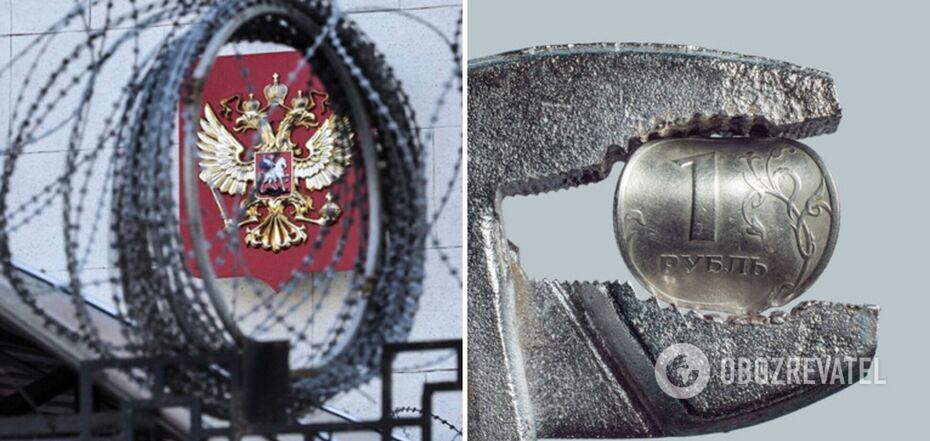News
Problems are escalating: Britain's intelligence assessed how the war against Ukraine will impact Russia's economy
The long-term war by the aggressor country, Russia, on the territory of Ukraine, will have a negative impact on the prospects of the Russian economy. Imports in the country have been growing faster than exports, likely leading to the depreciation of the ruble since the beginning of the Russian invasion and causing inflation.
This information was reported by the British Ministry of Defense, citing intelligence data. Given that Russia is increasing defense spending at the expense of other industries, there is a risk of overheating in the Russian economy.
The Central Bank of Russia has decided to increase the interest rate by 1 percent, bringing it to a new base level of 16 percent. This is the fifth increase since the beginning of the current cycle of increases, which started in July 2023 when the base rate was 6.5 percent. The increase was smaller compared to previous hikes.
Inflation in Russia continued to gain momentum by the end of 2023, rising to 7.5 percent year-on-year in November, up from 6.7 percent in October. In general, according to the Russian Statistical Service, inflation in 2023 will be 7.4%, which is almost twice the Central Bank's target.
Earlier reports indicated that the Russian economy might not withstand rising costs amid limited supply and increasing inflation. The reason is that it is in a state of dangerous overheating.
As reported by OBOZ.UA, Russian dictator Vladimir Putin boasted of the "achievements" of the Russian economy during a "direct line" on December 14, reading off the indicators from a plate. According to him, Russia is increasing its GDP, and citizens do not need to fear accelerating inflation, although in reality, millions of Russian families have to cut back on spending due to a significant rise in prices.
Only verified information is available on the OBOZ.UA Telegram channel and Viber. Do not fall for fakes!



























